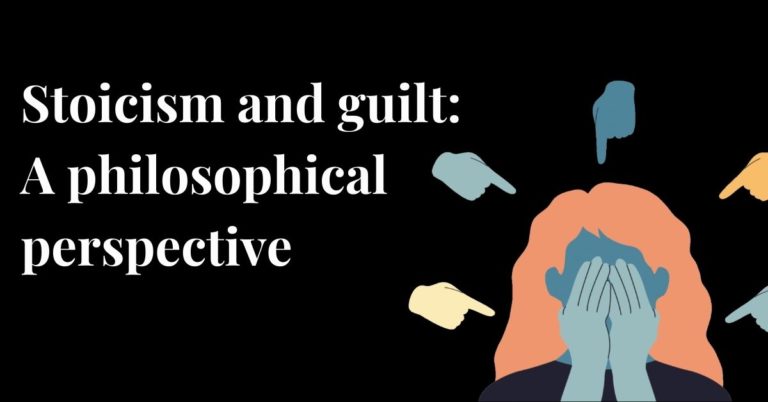Emotional mastery: How do Stoics deal with jealousy?
As we strive for emotional mastery, Stoics must learn to overcome jealousy. It can consume us and prevent us from living a fulfilling life. Jealousy is often irrational and destructive, leading us to focus on others’ possessions or actions instead of our own goals. In this post, we will examine the ways Stoics deal with jealousy and provide practical strategies for overcoming it.
Table of Contents
How do Stoics view jealousy?
Stoicism teaches that emotions are not inherently good or bad, but rather it is our response to them that determines their value. It is believed that emotions are natural and unavoidable, but they can be controlled and managed through reason and self-control.
When it comes to Stoics and romantic relationships, jealousy is an emotion that may rear its head. It is seen as a negative emotion by Stoics because it is based on the belief that external things such as possessions or relationships are necessary for happiness. This belief is seen as false by Stoics, who believe that true happiness comes from within and is based on our own actions and beliefs.
Practical strategies for dealing with jealousy
Here are some ways that Stoics can deal with their jealousy:
Identifying and challenging negative thoughts and beliefs
Stoics approach to dealing with jealousy involves re-evaluating their assumptions about the actions or possessions of others, and recognizing that they hold no inherent value.
For example, instead of assuming someone else’s success is solely due to their superior abilities or luck, it can be beneficial to consider the effort and commitment that may have gone into it.
Practicing mindfulness and self-awareness
This strategy can help us to identify and challenge negative thoughts and beliefs, as well as to recognize the triggers that lead to jealousy.
Mindfulness can involve simply paying attention to our thoughts and emotions, without judgment, and recognizing how they are influencing our behavior.
Self-awareness can also involve understanding our own vulnerabilities and insecurities, and recognizing how they may be contributing to our jealousy.
Cultivating virtues such as wisdom, courage, and justice
These virtues help us to develop a more rational and balanced perspective on events.
- Wisdom – help us to see things in their true perspective, and to recognize that external things do not have inherent value.
- Courage – allows us to face difficult situations and emotions without fear, such as jealousy, and to take actions that align with our values and beliefs.
- Justice – empowers us to treat others fairly and to recognize that others are entitled to the same opportunities and possessions that we desire for ourselves.
Focusing on one’s own actions and goals rather than on others
By focusing on our own actions, we can take steps to improve our own lives, rather than trying to control the lives of others. Setting and working towards our own goals can also help to provide a sense of purpose and fulfillment, reducing the need to compare ourselves to others.
Conclusion
In conclusion, jealousy is an emotion that can be overwhelming and destructive, but Stoicism offers a practical approach to managing and overcoming it. By understanding jealousy from a Stoic perspective – identifying and challenging negative thoughts and beliefs, practicing mindfulness and self-awareness, cultivating virtues such as wisdom, courage, and justice and focusing on one’s own actions and goals rather than on others, individuals can learn to detach themselves from this emotion and live a more fulfilled life.






